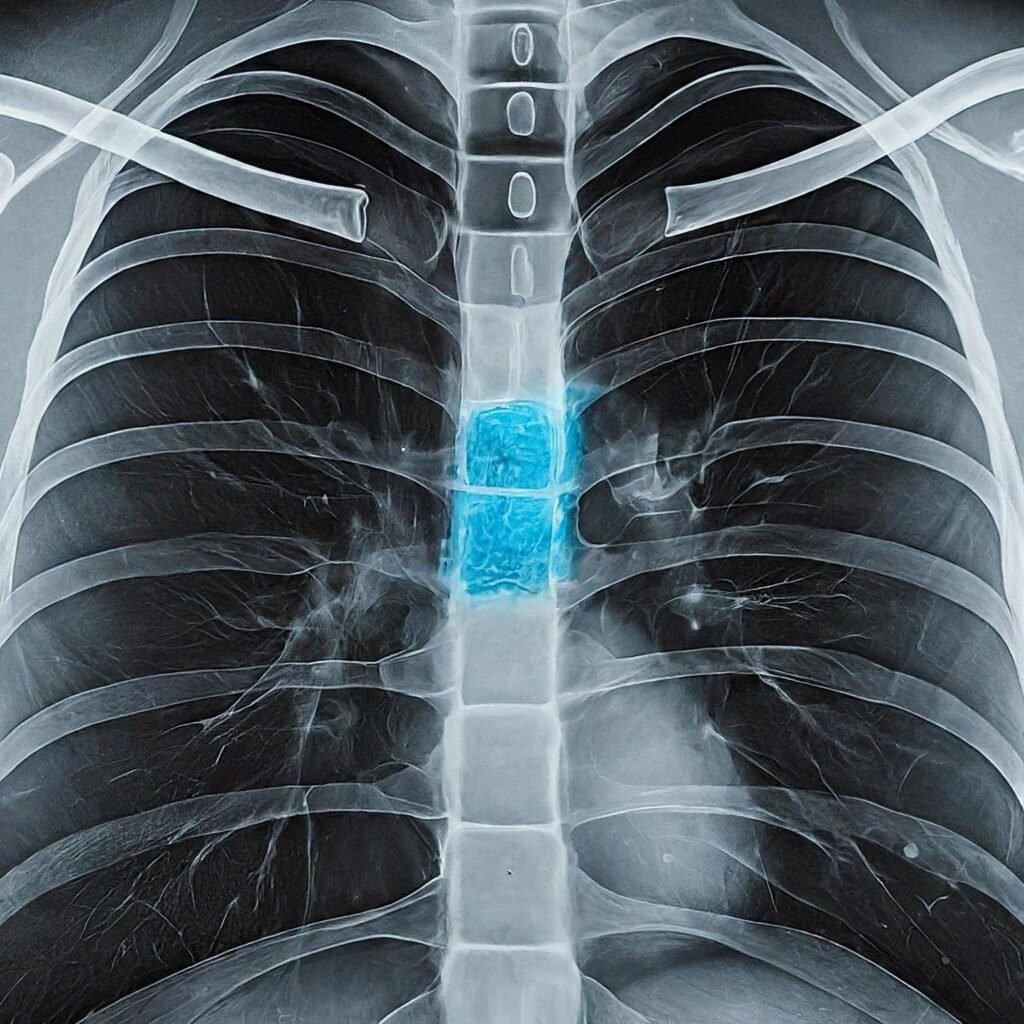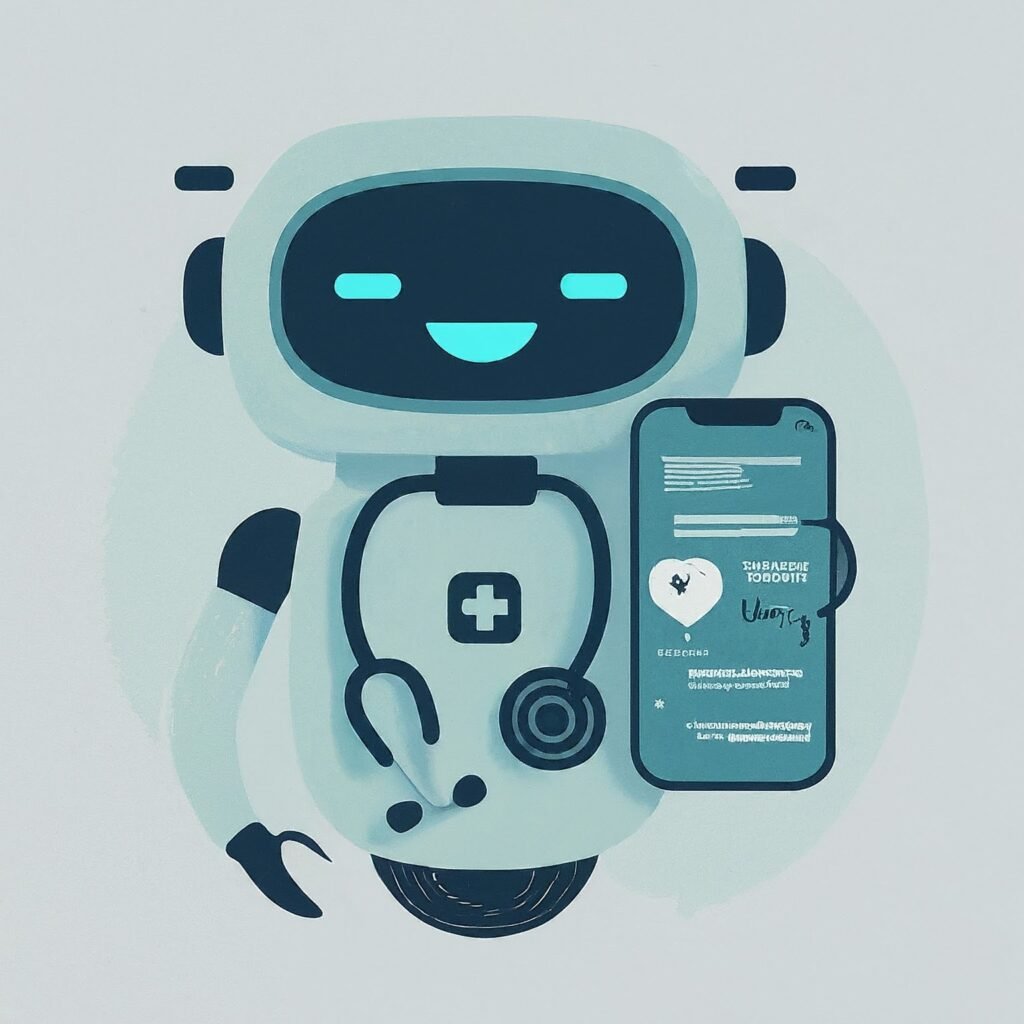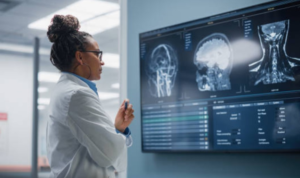Artificial intelligence (AI) has been making headway in the healthcare industry for years. From robot-assisted surgeries to AI-powered diagnostic tools, the technology has proven its ability to improve efficiency and support patient care. Now, a new wave of AI innovation is poised to transform healthcare even further—and that’s the rise of Generative AI.
What is Generative AI?

Traditional AI systems are fantastic at analyzing existing data and identifying patterns. Generative AI takes this a step further by possessing the ability to create new, realistic data in various forms, like images, text, code, and even music. It’s like giving an AI system a powerful imagination.
Think of models like ChatGPT, or image generators such as DALL-E 2 and Stable Diffusion. We give them a simple text description, and they spin out something completely original, yet eerily accurate to our specifications. That’s the power of generative AI.
Need to know more about Gen AI? Read it here!
Generative AI: A Healthcare Game-Changer

Why is everyone talking about generative AI in healthcare? Let’s look at some compelling reasons:
- Unleashing Drug Discovery: Drug development is often a slow, expensive, and arduous process. Generative AI can revolutionize this area by accelerating the discovery of new drug molecules. These AI can analyze vast amounts of chemical and biological data to generate novel molecules with the potential to tackle specific diseases. This could lead to faster, cheaper, and more targeted drug development processes.
- Designing Personalized Medicine: Each individual’s body is unique, making the ‘one-size-fits-all’ approach to healthcare less effective. Generative AI can be a driving force in personalized medicine. By analyzing individual patient data like medical history and genetic information, it can design tailor-made treatment plans and even suggest ideal drug combinations personalized for specific patients.
- Generating Realistic Medical Images: Medical imaging is vital for diagnosis and treatment planning. Generative AI models are learning to create highly-realistic synthetic medical images like X-rays, CT Scans, and MRIs. This ability to produce vast quantities of diverse synthetic medical images can improve disease detection, and help train medical professionals without compromising patient privacy.

- Revolutionizing Clinical Trials: Clinical trials are essential for testing the safety and effectiveness of new treatments, but they’re often slow and lack diversity in participant groups. Generative AI can address this by creating “synthetic” patients with diverse characteristics. This offers vast, varied data for trials, potentially speeding up processes while ensuring new treatments are safe and effective for a wide range of people.
- Empowering Patients: Patients often struggle to understand complex medical concepts or find the right information related to their condition. Generative AI can change that. Imagine AI chatbots that ‘translate’ medical jargon into plain language, or the ability to generate patient-specific illustrations to explain procedures and diseases visually. This empowers patients to take a greater role in managing their health.
Challenges and Considerations

Like any emerging technology, generative AI in healthcare poses a few challenges we need to address:
- Data Quality: Generative AI is only as good as the data it’s trained on. Ensuring the data used is unbiased and of high quality is crucial for reliable and ethical results.
- The ‘Blackbox’ Issue: While generative AI can output amazing results, it can be difficult to understand how it arrives at those results. This lack of transparency, while not exclusive to generative AI, can raise concerns around accountability in a critical domain like healthcare.
- Potential for Misuse: Like any powerful tool, generative AI models can be used for malicious purposes, like generating fake medical images or misleading health information.
The Way Forward

Generative AI has the potential to redefine healthcare as we know it. Its ability to create, innovate, and personalize treatments marks a new frontier in improving outcomes and patients’ lives.
For the full benefits to come to fruition, healthcare providers, AI researchers, and industry regulators must collaborate. We need to establish ethical guidelines, invest in data quality, and continuously examine the implications of this technology on the healthcare sector.
We also wrote about Operational Consulting. Read it here!
Generative AI might just be the game-changer we’ve been waiting for—and its impact on the healthcare industry is only just beginning to unfold. improving outcomes and patients’ lives. Collaboration between healthcare providers, AI researchers, and industry regulators is crucial to fully realize its benefits. Establishing ethical guidelines, investing in data quality, and continuously examining the implications are necessary steps. Generative AI is a game-changer for the healthcare industry, with its impact only beginning to unfold.
